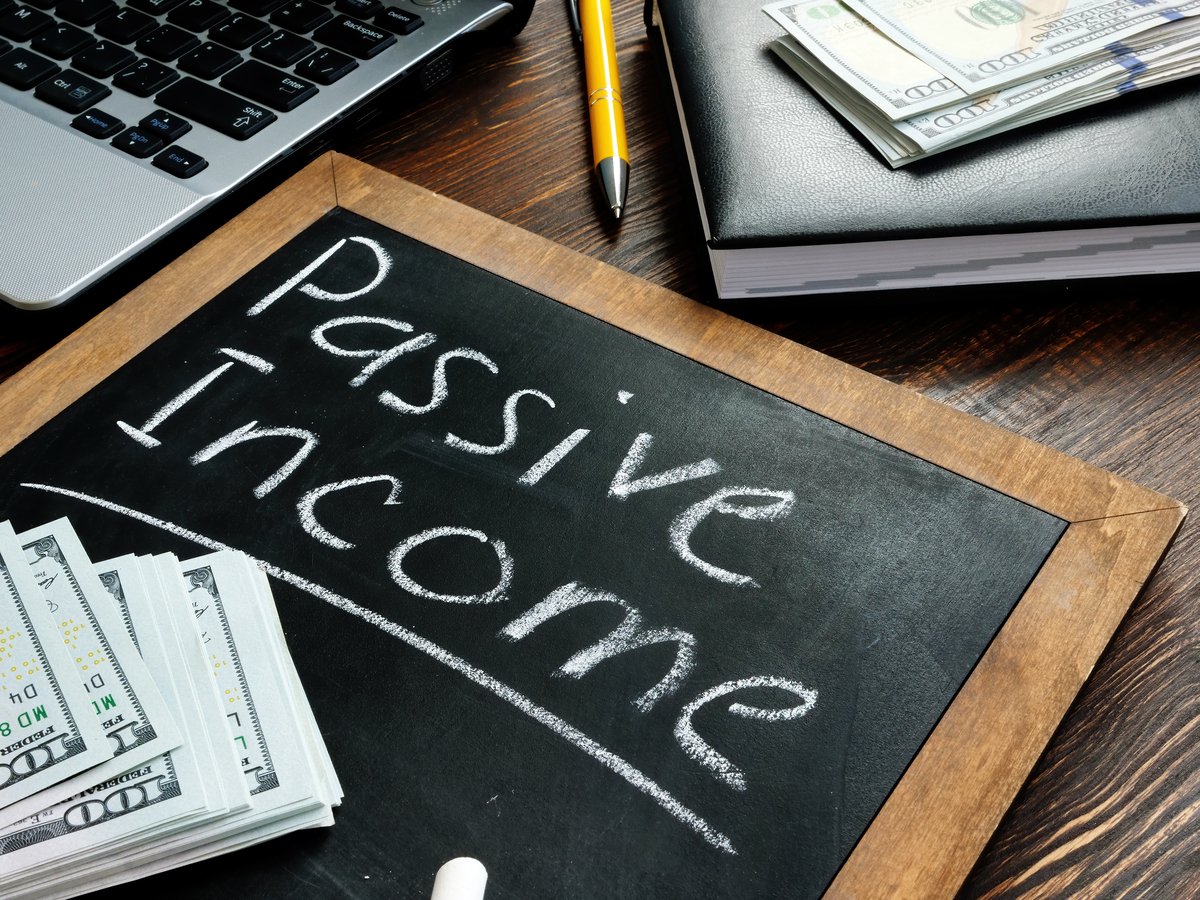Both McDonald's (MCD +1.07%) and Darden Restaurants (DRI +0.49%) dot America's landscape with their locations. McDonald's owns or franchises almost 39,000 of its fast-food restaurants in 119 countries. As the owner of Olive Garden, Longhorn Steakhouse, and several other restaurant chains, Darden operates more than 1,700 restaurants, most of which are in North America.
These consumer discretionary stocks have suffered amid the pandemic. Now, as the restaurant sector continues its reopenings, restaurant investors may ponder whether the fast-food model of McDonald's or a casual dining chain such as Darden will be the more profitable investment.

McDonald's popular quarter-pounder with cheese sandwich. Image source: McDonald's.
The state of McDonald's
Despite its woes, McDonald's remains at the top of the food chain in its industry. The company brought in $21.08 billion in 2019 alone. Though Subway and Starbucks have pulled ahead of McDonald's in U.S. store counts, McDonald's retains its lead internationally.
McDonald's is one restaurant stock that investors could arguably classify as a real estate company. The company derives most of its revenue through franchises and property rental. Nonetheless, with McDonald's restaurants operating at reduced capacity, if they operate at all, the company has suffered.
McDonald's stock nosedived in February as investors dumped shares across the board. Although the restaurant could operate its takeout business during the crisis, the stock has not recovered to pre-pandemic levels.
The woes for the stock could continue. At a forward price-to-earnings (P/E) ratio of just under 32, the stock price looks to have moved far ahead of profit growth. Over the next five years, analysts expect earnings growth to average less than 3.4% per year. This accounts for a 27.4% earnings decline this year, followed by a 39.2% increase in fiscal 2021.
Outside of franchising in saturated markets, it also remains unclear where the company would go for long-term growth. At one time, McDonald's invested in both Boston Market and Chipotle. Last year, it also bought Dynamic Yield, an artificial intelligence company, to enhance drive-thru windows. However, with its restaurants in so many countries, it has no apparent outlet for significant growth.
Moreover, while longtime investors have benefited from 42 straight years of dividend increases from this Dividend Aristocrat, the payout also faces dangers. Investors are on track to earn $5.00 per share in dividends this year, a yield of about 2.7%. However, with earnings of $5.69 per share expected for the year, the payout ratio now approaches 89.3%. If profits do not recover as predicted, the dividend could face significant challenges.

The Olive Garden is one of Darden Restaurants' more popular brands. Image source: Olive Garden.
Where Darden stands
Conversely, Darden faces different challenges despite being in the same industry. As a smaller restaurant chain devoted to casual dining, Darden had worked to develop its takeout business. Unfortunately, with its restaurants heavily dependent on sit-down customers, revenue suffered, and the stock fell with it.
In mid-March, Darden closed all of its locations, though it reopened some of its restaurants on Mother's Day weekend. To address the revenue shortfall, the company issued more than 7.8 million additional shares of stock.
However, share issuance is the least of the problems faced by Darden stock. Between mid-February and mid-March, Darden stock lost nearly 80% of its value. While it has since tripled from the mid-March low, Darden stock still has not entirely recovered.
The recovery has taken its forward P/E ratio to approximately 22.6. Although it has moved higher, the multiple remains at a lower level than that of McDonald's. However, profit recovery will take much longer. After an expected 57.4% decline in profits in 2020, analysts forecast earnings will grow by 5.2% next year. Over the next five years, they expect earnings will fall by an average of about 4.2% per year, though the massive decline in 2020 probably skews that average to the negative.
The good news for Darden is that it has room to grow. Most of its restaurants are in the U.S. Assuming they can get back to normal operations in a reasonable timeframe, the company has ample room and numerous brands by which it can grow both domestically and abroad.
Moreover, it has suspended its dividend to minimize its cash burn. Since the company's annual dividend increase streak ran for only four years, ending the payout, even if it is a temporary suspension, causes Darden less pain than it would McDonald's. This has helped to give Darden the flexibility needed to weather the COVID-19 crisis.
McDonald's or Darden?
Investors choosing between these two face a difficult decision. Both stocks retain relatively high earnings multiples during an unusually sharp drop in business brought about by COVID-19. Still, despite the comparative stability of McDonald's, I would recommend Darden for most investors.
Due to the forced closures, Darden has suffered deeply. However, as a much smaller company than McDonald's and its multiple brands, Darden will not have any issues with finding new growth markets in the U.S. or abroad. Darden also maintains a lower P/E ratio and does not face any dividend risk.
Investors with decades of dividend increases have an incentive to hold. Nonetheless, McDonald's continues to approach a saturation point across the world. With no other brands and few new places to go that would support a franchise, McDonald's stock has little obvious upside for new buyers.
Moreover, Darden had paid a dividend every year since 1995. This makes it more likely that payouts will return once all of its restaurants reopen.
Although McDonald's has built a record of stability over the decades, it appears that Darden holds more growth potential.









